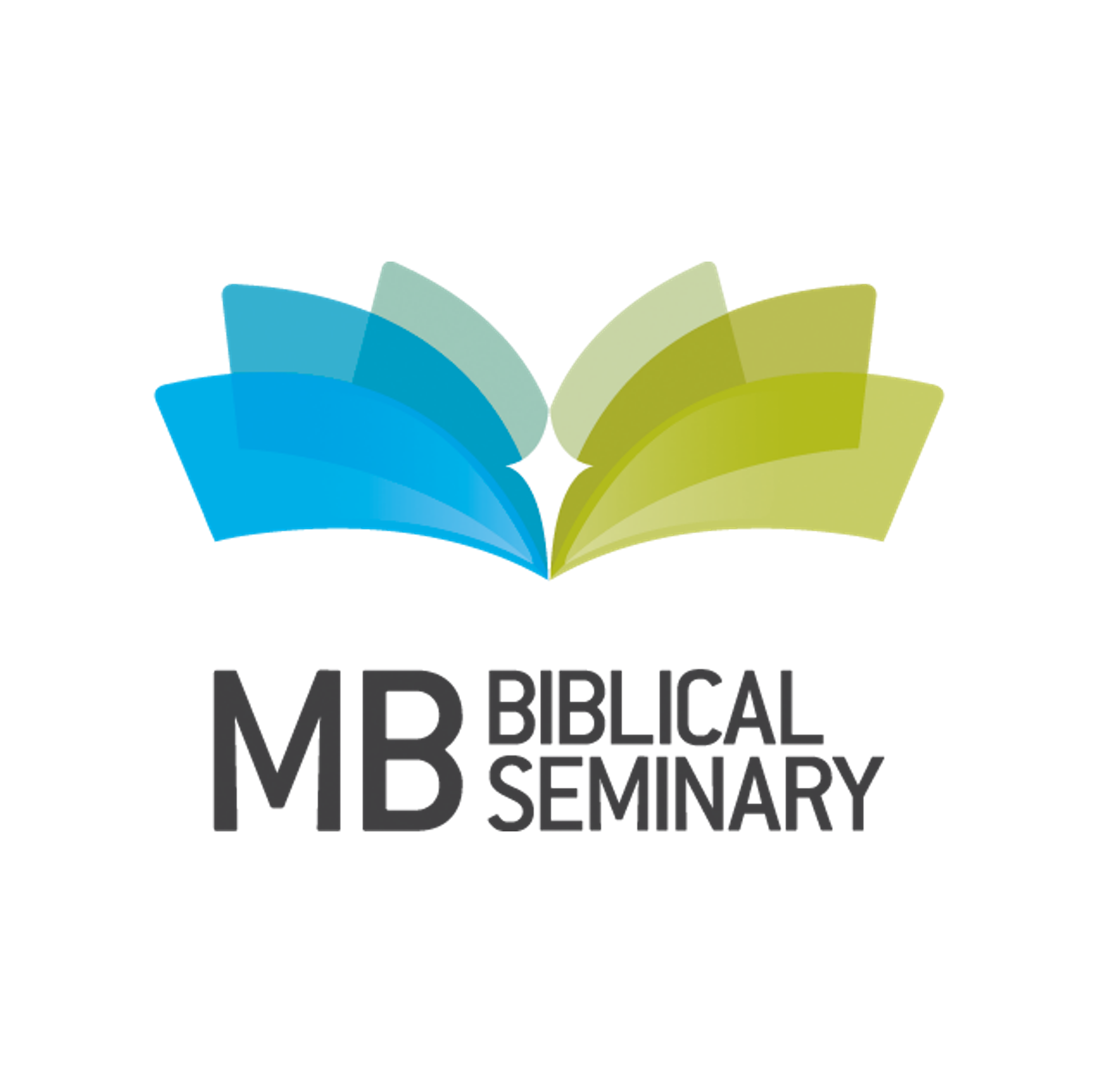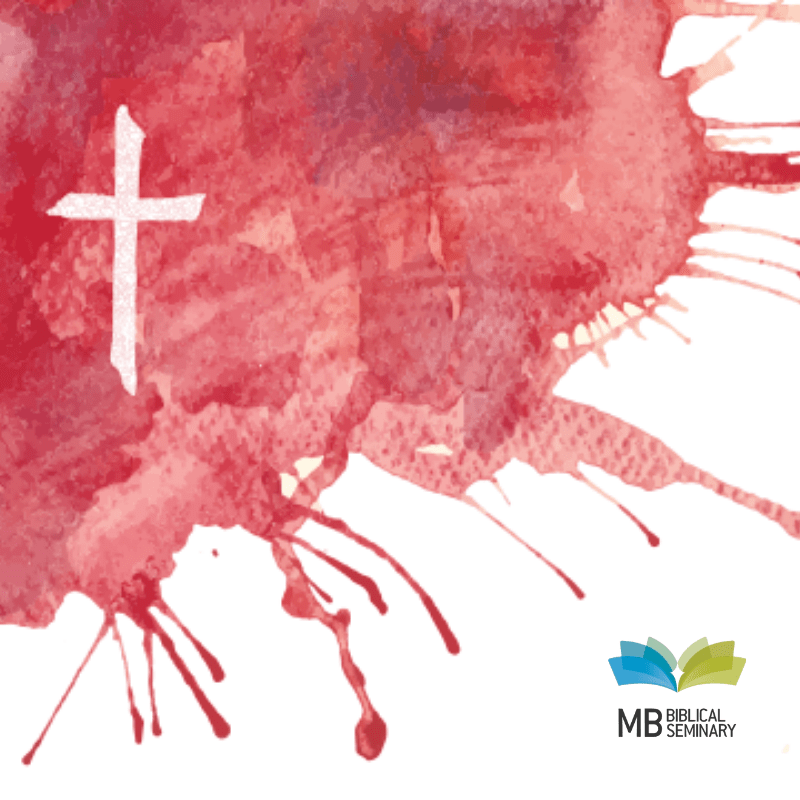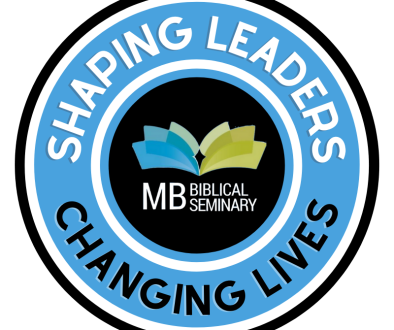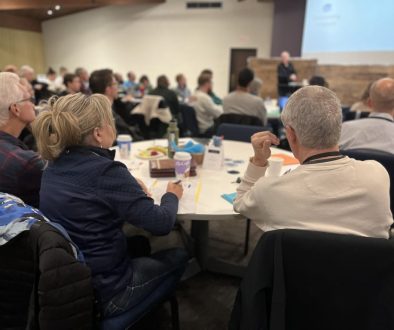Jesus, the Mediator of a New and Better Covenant
Do the notices you get on your computer ever frustrate you? “Don’t forget to leave your computer turned on overnight so upgrades can be installed.” In our day when electronic devices are out of date in a month or a year, we are used to these messages.
The book of Hebrews speaks of the old sanctuary, priesthood, and sacrifices as now being out of date and the author introduces a new and better model. The religious concepts may be new, but the comparison of new and better is very familiar.
Our passage opens with an announcement: Jesus is mediator of a new covenant (Heb. 9:15). And verses 23-24 talk about sacrifices as mere replicas (or “copies”) performed in a replica earthly building made by human hands. These replicas contrast with the true sanctuary in heaven itself and of a better once-for-all-sacrifice—not of calves and goats, but of the Messiah Himself, who bears the sins of many and brings salvation to those who wait for Him.
But in what sense does this make Jesus the Messiah the mediator of a new covenant? Is He not the sacrificial victim that makes our forgiveness possible? Precisely. But this is what makes our heads spin. We often think of mediators as go-betweens when relationships between two parties are broken or disintegrating.
Like Moses. The quotation in Hebrews 9:20, “This is the blood of the covenant,” comes from a covenant ritual at Sinai (Ex. 24:8). Moses mediated that ritual: he built the altar, read the terms of the covenant, supervised the sacrifices, and sprinkled the blood on the altar and the people (Ex. 24:4-8). Through this mediator’s actions the covenant between God and Israel was signed, sealed, and delivered. But it involved no skin off the mediator’s back. It cost Moses nothing! As we might say, “He just worked there.”
While Hebrews 9:20 picks up the link between covenant and blood, here the linkage is fundamentally different. At the climactic moment of Jesus’ life, the moment we have all been anticipating during this season of Lent, Jesus said: “This cup that is poured out for you is the new covenant in my blood (Luke 22:20; 1 Cor. 11:25). Not Moses’ blood, or the blood of calves and goats, but “my blood.”
Jesus did not institute the new covenant by supervising the rituals or offering the blood of third-party victims. He is the sacrifice. His own blood covers up and carries away our sins so that God need never look at them again. By God’s grace, when Israelites offered their sin offerings of calves and goats in true faith and with penitent hearts, they too experienced the joy of sins forgiven, based on the work of Jesus the Christ, “before the foundation of the world” (Eph. 1:4; 1 Pet. 1:19-20).
Join me in exclaiming, “Hallelujah! What a Saviour!!!”
Daniel I. Block is Gunther H. Knoedler Professor Emeritus of Old Testament at Wheaton College and Adjunct Professor of Old Testament at MB Seminary.
Dr. Block will be the keynote speaker at the Navigate Bible Conference in May, 2022 where he will speak on the book of Ruth (available onsite in Abbotsford or via live-stream).
This devotion appears in MB Seminary’s 2022 Easter Devotions resource called Out of the Shadows: The Substance of the Son.




